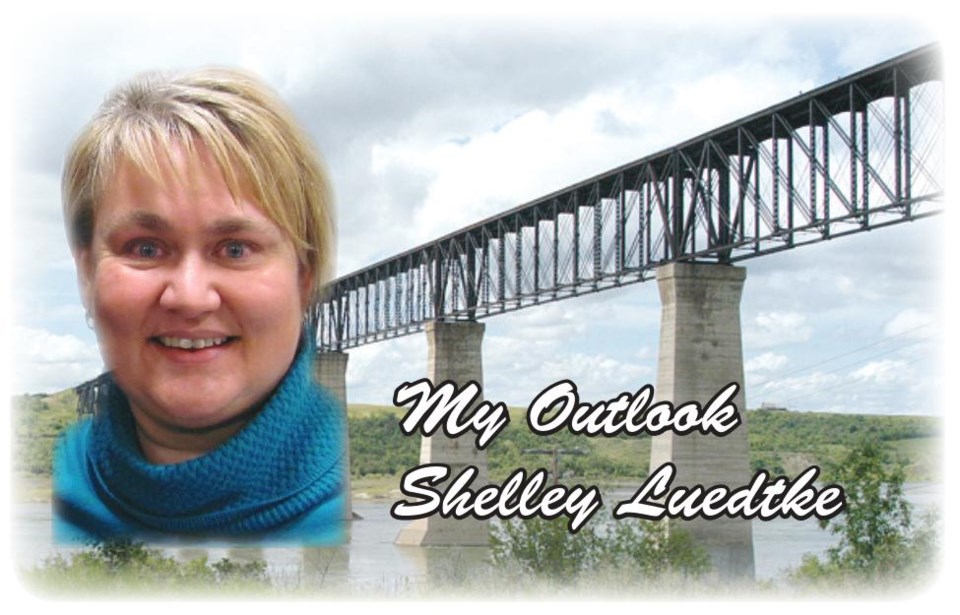I just needed to have a good cry. Over nothing. Over everything. I wasn’t sure what I needed to cry about. There were a dozen reasons I could name.
There are times tears threaten to spill and we feel an urge to reign them in. But it makes me wonder why. Why do we fight their existence as though their presence is not to be acknowledged? Why do we treat tears as though they don’t belong as part of our experience at any given moment?
Picture someone standing in a large grass-covered area. Rows of trees border the space and benches are placed sporadically. The person standing in the middle of the scene is wiping away tears. If it’s a park, we might question why they are standing in a public space exhibiting such emotion. But if they are in a cemetery, the crying is understood because we have a context to associate with the tears.
There are places we understand tears and places where we have determined they don’t belong. Imagine the different reactions that would greet tears in different places. A church. The beach. The boardroom. A doctor’s office. A classroom. In some places tears make sense. In others, they are perceived as out of place. Inappropriate. Awkward.
But as I considered my need to let tears loose, I wondered why I characterized it as my need to have a ‘good’ cry. Does a good cry look different from a ‘bad’ one? What about a sad cry? If the reasons we find ourselves crying are happy ones, does that make it a good cry? What if we’re hurt, grieving or in pain? Is that by default a bad cry? Not even close. Because although not all crying is created equal, some pretty good things can happen when we cry, especially when we get honest about how we are feeling and we let those tears flow.
We are told we make 15 to 30 gallons of tears per year which can be triggered by anything from happy announcements to sad news to, well, in my case chopping onions. There are different kinds of tears and their release can cleanse, nourish and even protect our eyes. Tears wash away irritants. They act as a shield to keep eyes moist, and they can contain antibodies, enzymes, lipids, metabolites and electrolytes that aid in overall eye health.
While we often don’t want to go through many of the events that bring on tears, we need to remember that sometimes letting ourselves have that cry is the best thing we can do. We feel better after we have had a cry because it gives us opportunity to focus on the emotions that are building, rather than trying to keep them at bay. It’s important we pay attention when the tears come, or threaten to come, so that we give ourselves permission to let them fall. Crying stimulates parasympathetic nervous system activity which is an indicator our body is starting to relax. It also factors in as a mood and stress regulator. Relaxation and stress reducer. All good things from a handful of tears.
Crying is seen as so important that in Japan you can go to a rui-katsu, a crying club, which is a place where people gather to cry in groups. It’s a space where crying is not only acceptable, but encouraged. It would be interesting to see who would come together in a social experience to process individual emotion. Since crying increases attachment, closeness and unity, and teaches us to develop empathy, I wonder if friendships develop amongst those who seek out these cathartic contacts. Is crying best done as a solitary activity or are there perhaps benefits to communal weeping?
Crying is a very personal thing, but as with most emotions, it holds tremendous meaning when expressed in community with others. The key is to find someone who cares enough to let you laugh, vent, share frustrations and yes…cry.
‘Shields up’ is a solid defensive posture and one that provides good protection depending on the situation. But when it comes to staying strong mentally and emotionally, allowing tears to fulfill the purpose for which they were made seems like a smart thing to do. Being open to sharing those tears with others is even better. But perhaps the best gift of all is when a welcoming heart is extended to someone that lets them know you will be the arms to draw them in and a shoulder for them to cry on. It is strength…it is unity…and it is really, really good. That’s my outlook.




